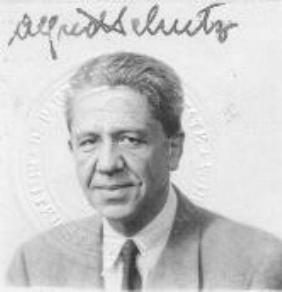 The New York Times has a five part series on anosognosia, a word of Greek origin where “nosos” means disease and “gnosis” means knowledge (plus the initial “a” for not). Patients with this medical condition don’t know they have a disease and appear unaware of their symptoms, which can be as dramatic as paralysis or blindness to half their visual field.
The New York Times has a five part series on anosognosia, a word of Greek origin where “nosos” means disease and “gnosis” means knowledge (plus the initial “a” for not). Patients with this medical condition don’t know they have a disease and appear unaware of their symptoms, which can be as dramatic as paralysis or blindness to half their visual field.
Reflecting on the condition, the author, Errol Morris, raises a number of interesting questions, such as: Do patients really have no knowledge of their condition? Are incompetent people unable to know they’re incompetent?
He also points out the distinction between the things we know we don’t know (what the weather will be 100 years from now) and the things we’re so unaware of we don’t even know we don’t know them (unnameable by definition). He cites the now-famous words of Donald Rumsfeld: “There are things we know we know about terrorism. There are things we know we don’t know. And there are things that are unknown unknowns. We don’t know that we don’t know.”

